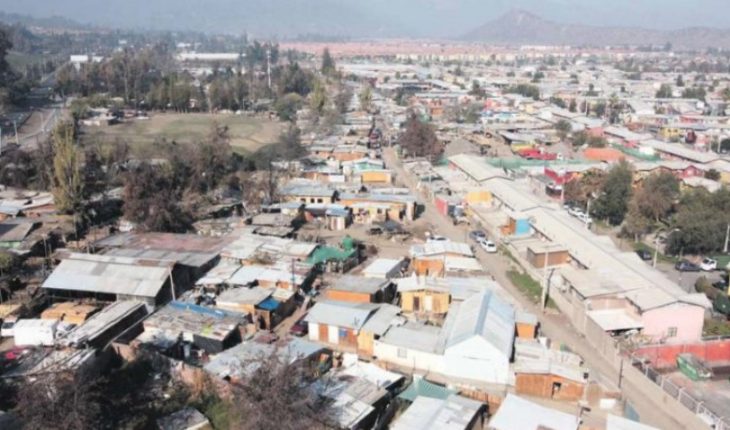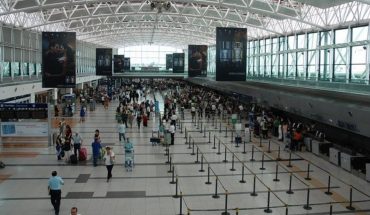On the eve of the analysis of the extension or uprising of the quarantine that governs 27 days ago in much of the Metropolitan Region, yesterday the Minister of Health, Jaime Mañalich, again insisted on his call for the population to respect confinement, after numerous cases of people in breach of the measure were detected, even if they were infected with Covid-19″I emphasize responsibility” , emphasized the Secretary of State.However, compliance with the standard is not something that everyone has the same chance of doing. This is a study carried out by the University of Chile and the Medical College that concluded that there is a population “inequality” that prevents certain sectors from achieving a higher level of confinement during the pandemic. After making 185,000 observations on the act of 46,000 people since late April, the investigation found that those living in high-income communes are more quarantine-compliant than those living in low-income sectors. The calculation shows a difference of 33% based on household income. This means that in a poor commune people go out to work at least twice a week, on average. In a wealthy, on the other hand, it’s just over one. A similar difference occurs when buying the mobility of middle-educated, technical and professional people, who lowered their trips to work by 30%, with those who register a lower level of education, who almost did not lower their exits when confinement departed. According to the study, the latter group is the one that performs tasks that cannot be done remotely and the most risk their income if they stop attending work. The report reveals that after the confinement the men’s work trips fell 23% more than in women.” For quarantines to work, conditions must be ensured so that people from all walks of life can stop going out to work,” urged the study, which found that the effect of quarantine fell by 78% in the week the Government spoke of the “new normal” and “safe return.”MRI in serious conditionAnother report, from Public Space, delved into the need to reduce mobility in the capital. As calculated, to date it has been reduced by 30% to 40%, but it is enough to reach 60%, which coincides with the Minsal bets.According to the study center, that pathway will help to reduce daily contagion in MRI, which must fall by at least 80% to “re-air our health system”. This is now in a “serious situation” with rates of virus spread involving “collapse” of the health network, and which if it is not slowed now would trigger a “prolonged humanitarian crisis in time”. According to yesterday’s Minsal balance sheet, MRI added 2,990 cases of Covid-19 in the last 24 hours, reaching 115,126 infected in the region. In the country there are 142,759 patients, after 3,913 infections are reported on the last day. Of the total, 23,115 people have the virus active. Among those infected yesterday were 1,577 hospitalized in the ICU, 1,325 with mechanical ventilation and 364 in critical condition. Bed occupancy in the country was 89%, and in MRI it was 95%.
translated from Spanish: Study: People from vulnerable communes are more quarantined than those in the Eastern sector
June 11, 2020 |





